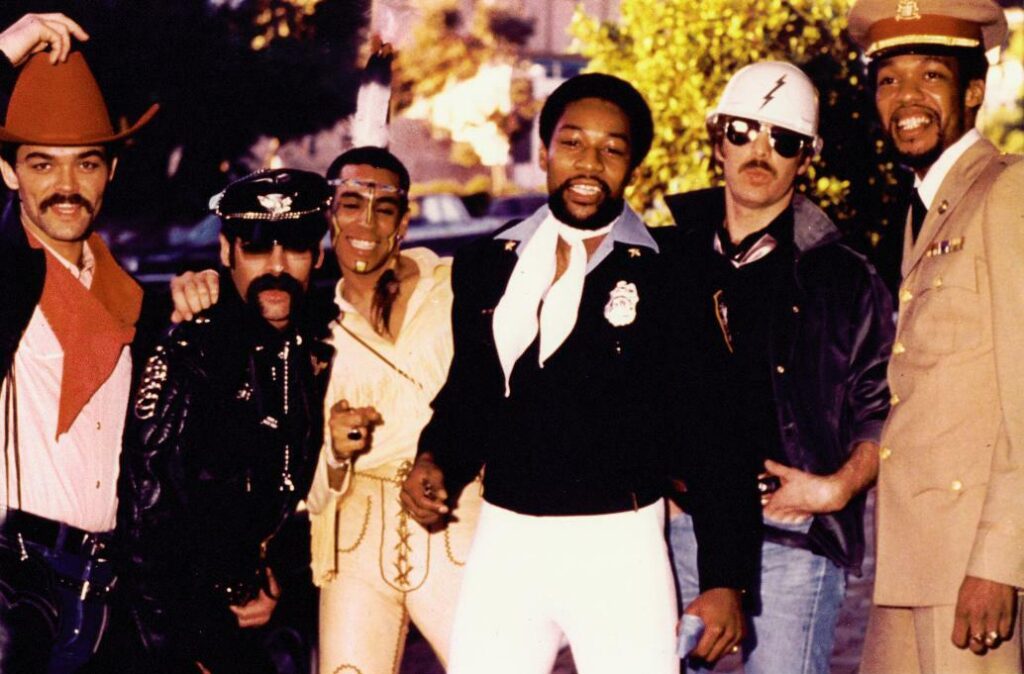
"Music has long been perceived as dangerous, with authoritarian regimes perceiving it as a political weapon; both Soviet and American authorities have tried to suppress certain genres."
"In the Soviet Union before perestroika, mechanisms of state repression aimed at music censorship were intense, mirroring the absurd alarms raised by American organizations."
The article explores the intricate relationship between music and politics, emphasizing how authoritarian regimes have routinely used music as a tool of state repression. It reflects on personal anecdotes and historical contexts, particularly contrasting the Soviet repression of popular music genres like punk and metal with the comparatively milder attempts at censorship in the U.S. during the Cold War. The absurdity of descriptions in a 1985 Soviet list of 'dangerous' bands reveals a paranoid approach to music that mirrors the concerns raised within American youth organizations, underscoring the universal fear of music's impact on political consciousness.
Read at Open Culture
Unable to calculate read time
Collection
[
|
...
]